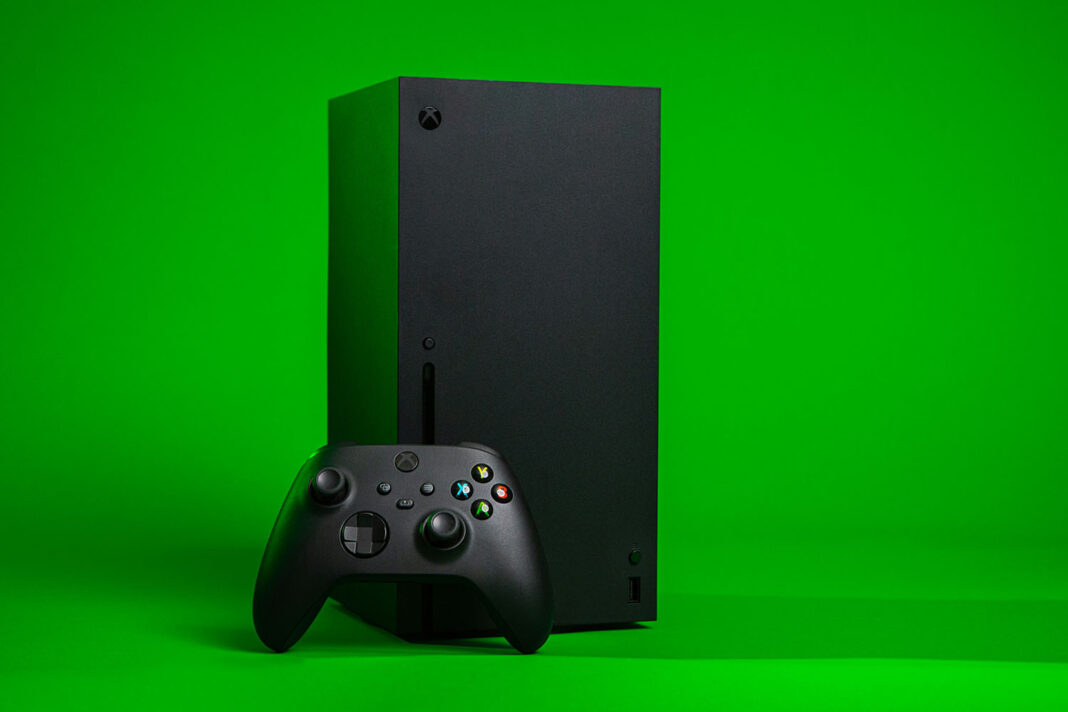A year ago, some keen-eyed internet users noticed something unusual about Xbox sales figures in Europe. Various media outlets seemed to claim that PlayStation was outselling Xbox. However, these sales figures didn’t reflect the full truth. When analyzing the data and actual sales figures across Europe, a clear pattern emerges: Xbox consoles are not as widely supported in Europe as Microsoft would like fans to believe.
Have things changed since then? Not really. It appears that Xbox has stayed true to its approach, and those countries remain not supported.
If the Xbox console is unsupported, people naturally turn to PlayStation. Why would anyone purchase a console that lacks support in their country? It simply isn’t worth it.
Lack of Xbox Support:
Up to 55% of European countries are officially not supported by Xbox. As a result, players in these countries face significant issues when trying to use the console. Purchasing games from the Xbox store is not an option, and even if you manage to redeem a digital code, there’s no guarantee the game will boot up or play properly. These challenges in unsupported regions make it far more likely that consumers will opt for a PlayStation console instead.
But what does “Xbox supported” even mean?
Essentially, “Xbox supported” means that Xbox is not actively trying to sell or operate in that country. The Xbox store will be nearly inaccessible, and using Xbox servers to play games will likely be impossible.
Even if you buy the console in your country, it will be region-locked. This means the console will struggle to play any games due to those region restrictions. Purchases and subscriptions may not work, leaving consumers with little to no satisfaction from their investment.
Read more insightful articles like this here.
Which is better?
The conclusion is clear: buying an Xbox in Europe depends entirely on whether Microsoft has deemed that country worthy of support. Limiting console support to only certain countries in Europe is a poor business model, especially when only 45% of Europe is covered.
This excludes a majority of European countries, which puts Xbox at a significant disadvantage. When compared to PlayStation, which has a higher sales rate across Europe, this is a surprisingly poor performance from Xbox—and by extension, Microsoft.
Some have proposed potential reasons behind Xbox’s dramatic decision to exclude so many European countries, especially when its console rival has not followed suit. The countries listed as unsupported by Xbox are typically those with smaller populations, and some are not even EU members.
However, there are other low-population countries and non-EU nations that do receive support. So, the question remains: What criteria does each country need to meet to secure console support?
Read this next: Exciting Upcoming MMORPGs for 2025
Gaming is a universal and international endeavor. It connects people from all over the world through a shared passion. Players can meet across oceans, engaging in both competitive and collaborative experiences. That’s why it’s so baffling to see a major gaming company like Xbox choose to exclude so many European countries.
If PlayStation is outselling Xbox in Europe, the question becomes: why? The evidence is clear, and the only thing left to do is make the necessary changes.
The source used for information is found here.
The table below shows some selected European countries that have/have not got Xbox support:
| Country: | EU Member? | Xbox Series X/S Support |
| Albania | NO | NO |
| Austria | YES | YES |
| Belgium | YES | YES |
| Bosnia and Herzegovina | NO | NO |
| Bulgaria | YES | NO |
| Croatia | YES | NO |
| Cyprus | YES | NO |
| Czech Republic | YES | YES |
| Denmark | YES | YES |
| Estonia | YES | NO |
| Finland | YES | YES |
| France | YES | YES |
| Georgia | NO | NO |
| Germany | YES | YES |
| Greece | YES | YES |
| Hungary | YES | YES |
| Iceland | NO | NO |
| Ireland | YES | YES |
| Italy | YES | YES |
| Latvia | YES | NO |
| Liechtenstein | NO | NO |
| Lithuania | YES | NO |
| Luxembourg | YES | NO |
| Malta | YES | NO |
| Moldova | NO | NO |
| Netherlands | YES | YES |
| Norway | NO | YES |
| Poland | YES | YES |
| Portugal | YES | YES |
| Romania | YES | NO |
| Russia | NO | YES |
| Serbia | NO | NO |
| Slovakia | YES | YES |
| Slovenia | YES | NO |
| Spain | YES | YES |
| Sweden | YES | YES |
| Switzerland | NO | YES |
| Turkey | NO | YES |
| Ukraine | NO | NO |
| United Kingdom | NO | YES |



